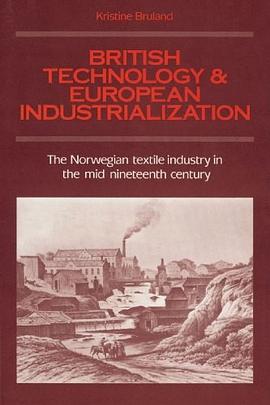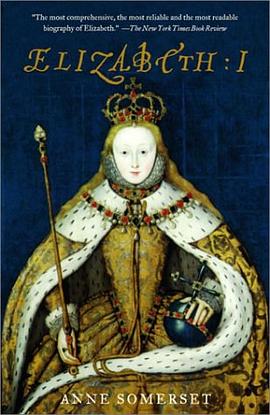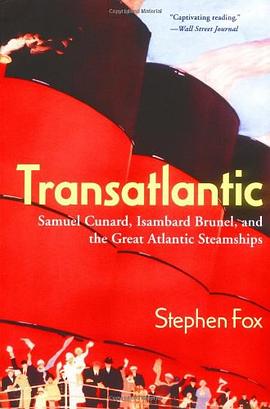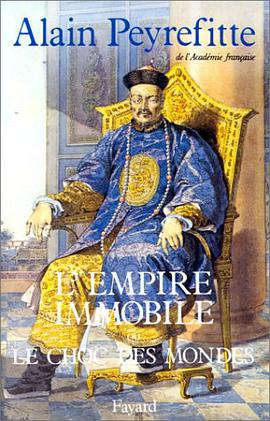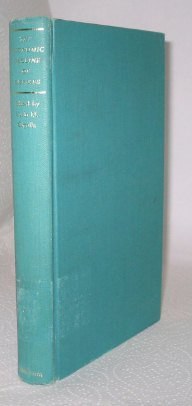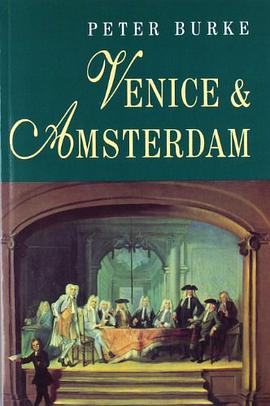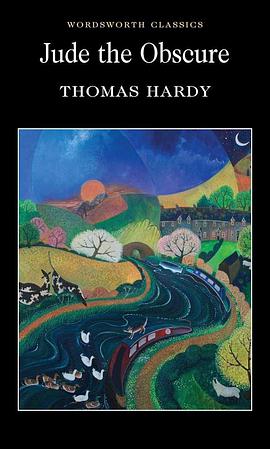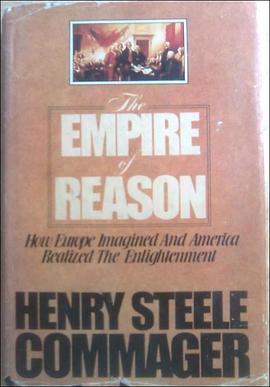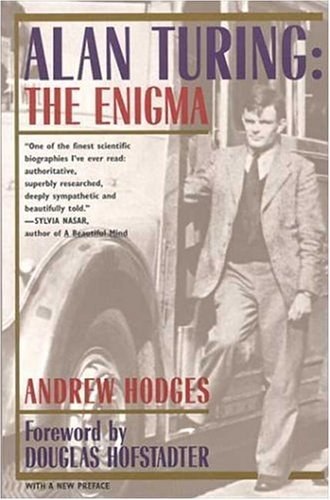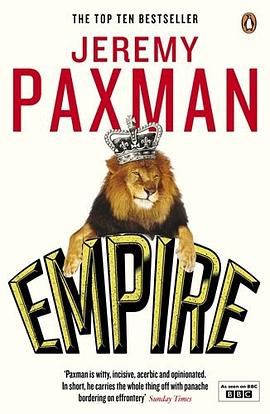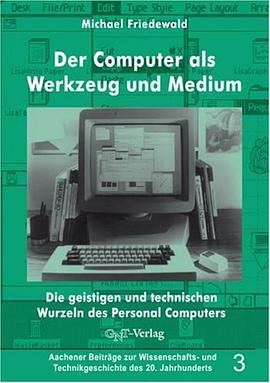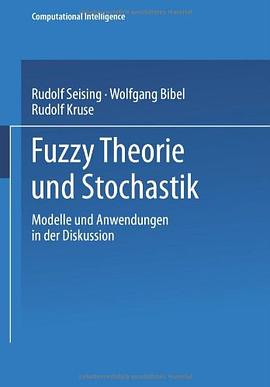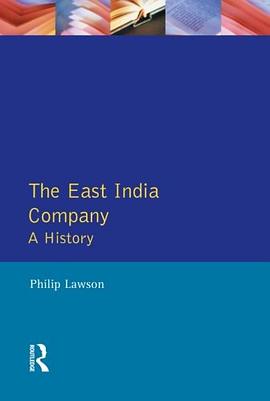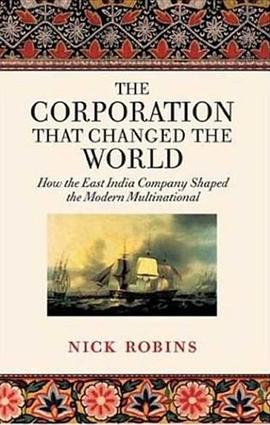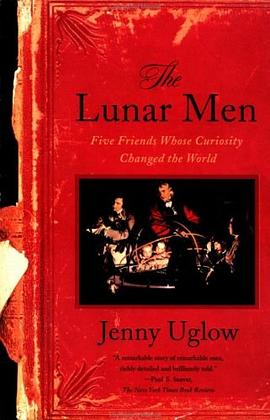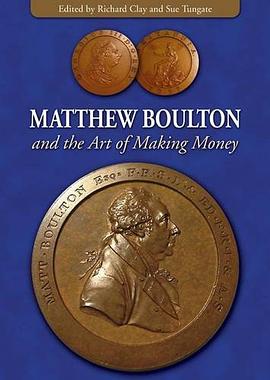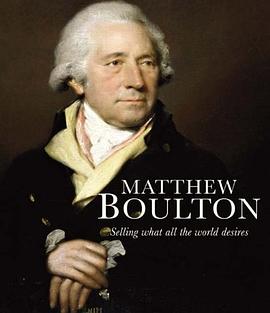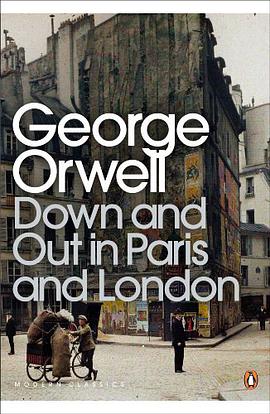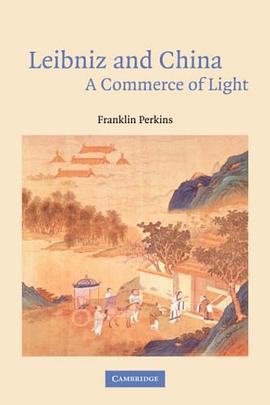The 400th anniversary of the death of Elizabeth I occasions Anchor's publication of Anne Somerset's magisterial biography, singled out by Lady Antonia Fraser as her "favourite among the biographies of the Queen."
Glitteringly detailed and engagingly written, Elizabeth I brings to vivid life the golden age of sixteenth-century England and the uniquely fascinating monarch who presided over it. A woman of intellect and presence, Elizabeth firmly believed in the divine providence of her sovereignty and exercised supreme authority over the intrigue-laden Tudor court and Elizabethan England at large. Brilliant, mercurial, seductive, and maddening, an inspiration to artists and adventurers and the subject of vicious speculation over her choice not to marry, Elizabeth is immortalized in this splendidly illuminating account.
Unraveling the political complexities of Elizabethan England and Europe, bringing alive the alluring, intrigue-laden Tudor court, Anne Somerset examines the life and times of Elizabeth I, the monarch and the woman. of illustrations.
In this totally captivating, sympathetic biography, English writer Somerset quotes an abundance of primary sources to elucidate Queen Elizabeth I's often criticized actions. For example, she investigates the cunning ruler's "sound enough reasons" for attempting to have her hated royal cousin, Mary, Queen of Scots, murdered in an underhand fashion without the bother of an execution. Somerset ( Ladies-in-Waiting) argues that the execution of Elizabeth's mother, Anne Boleyn, when she was two and a half cast a dark shadow over the queen's entire life. A virgin monarch, thrilled by the power of her father, Henry VIII, Elizabeth (1533-1603) turned her sex to her advantage in a man's world. She "flaunted her femininity" with chivalrous male colleagues and used her marital availability as a chief asset in the conduct of foreign affairs. The success of her 45-year reign, writes Somerset, was very much a personal triumph aided by her magnetism and charm. A wry, convincing portrait of a complex character. Illustrated. BOMC alternate.
Flattered, feared, idealized during her lifetime, romanticized ever since, the intensely private Elizabeth I left few accurate portraits for future painters or biographers. Somerset (Ladies in Waiting, 1984) wisely focuses on the queen's complex political life, documenting, largely from primary sources, the religious conflicts, wars, explorations, conspiracies, and rough justice that marked her reign of 45 years. The second daughter of Henry VIII (her mother, the second of six wives, was executed for adultery), Elizabeth came to the throne after the displacement of all her stepmothers and the death of her brother Edward and her sister ``Bloody'' Mary. Although she was excommunicated, she believed she was ``God's choice''--and with that confidence created a national church, revised coinage, sponsored exploration (Drake's circumnavigation of the globe), waged war against Spain, nearly subjugated the ``ungovernable'' Ireland, and strengthened the power of the throne. Pleasure-loving Elizabeth enjoyed dancing, bear-baiting, hunting, clothes (which became more bizarre as she aged), gardens, and ``progresses,'' leading the court on visits to noble houses--partly because the hygiene of her courtiers was so poor that an ``intolerable stench'' soon forced them to move on. She loved gifts, adulation, and the attention of young men, although she married none of them, using their admiration and pursuit as a source of power. Somerset claims that remaining a virgin was part of the queen's ``high calling.'' Meanwhile, her indecisiveness, irascible temper, and legitimate fear of being assassinated led to her imprisoning her cousin Mary for 19 years before, reluctantly, having her executed--although at other times she was capable of impulsive brutality, e.g., publicly cutting off the hand of a printer for criticizing one of her choices of a mate. Despite a few clich?s (the ``air'' was ``thick with intrigue'') and an unnecessary defensiveness about Elizabeth's virginity: a clear, moving, informed narrative.
Elizabeth I, a fascinating, complex woman with immense political, social, and religious power, has had many biographers, but Somerset's thoroughly researched and exhaustively documented study will capture the reader's imagination. Somerset brings historical figures to life, providing the background and motivations for their actions in light of the social structure of the day. The reader gains a real understanding of the problems Elizabeth faced in ruling her unstable kingdom. Somerset has also written The Life and Times of Wil liam IV (Biblio Distribution Centre, 1980) and Ladies-in-Waiting ( LJ 6/15/84). Recommended. BOMC alternate.
-Kathar ine Galloway Garstka, Intergraph Corp., Huntsville, Ala.
Anne Somerset was born in England in 1955 and educated in London, Gloucestershire, and Kent. After studying history at King’s College, London, she worked as a research assistant for various historians. She is the author of The Life and Times of William IV, Ladies-in-Waiting: From the Tudors to the Present Day, Unnatural Murder: Poison at the Court of James I, and The Affair of Poisons. She is married and lives in London.
length: (cm)20.7 width:(cm)13.2
